In practice, aviation is a field that has been integrated into the international community very early and deeply, is an important driving force for economic growth, has a spillover effect on many other sectors and fields of the economy, and contributes to expanding the development space of localities, regions and the whole country. This is also a symbol of international integration, demonstrating the technological strength and national competitiveness of Vietnam, associated with the task of ensuring national defense, security and foreign affairs.
With the legal foundation from the 2009 Civil Aviation Law and the 2014 amendments, the aviation industry has gradually affirmed its position as a strategic economic infrastructure, contributing to Vietnam's deep integration and enhancing global competitiveness.
Recently, Vietnam's civil aviation has faced new opportunities and challenges, including the need to diversify its model to meet domestic and international market demand; the need to innovate management and governance methods; the need to restructure resources, especially highly qualified human resources; and at the same time, ensure harmony between economic development and national defense, security and foreign affairs. This means that Vietnam's aviation is in dire need of a new legal "runway" to help businesses in the industry accelerate, clear bottlenecks and create a driving force for breakthroughs in the era of national development. That goal has been clearly identified by the Government when submitting to the National Assembly for consideration and approval of the Draft Law on Civil Aviation (amended).
One of the most important highlights of the Draft is that the drafting agency has made full use of the spirit of Resolution No. 68-NQ/TW, dated May 4, 2025 of the Politburo on private economic development (Resolution 68). The Draft has opened up an equal mechanism for economic sectors to participate in investing, constructing and exploiting airports; overcoming obstacles in investment and construction at airports shared between defense, security and civil use.
The new mechanism not only creates a transparent legal corridor for the public-private partnership (PPP) method, but also clearly demonstrates the spirit of "mobilizing all social resources for infrastructure development" as emphasized in the Draft Political Report submitted to the 14th National Party Congress and Resolution 68. Accordingly, although the State still retains ownership of the project, enterprises are allowed to invest, exploit, and recover costs according to a transparent allocation mechanism. This is the "public investment - private management" model, helping private capital flow into infrastructure, without reducing the leading role of the State.
In addition, the Draft Law gives greater autonomy to airport enterprises in investing, renovating, and expanding according to planning, helping to shorten the investment cycle and increase flexibility. Thus, existing airport enterprises, such as ACV, and private infrastructure corporations can mobilize capital and implement projects without depending entirely on the budget.
With the investment capital demand for the 2025 - 2030 period estimated at more than VND420,000 billion, unleashing the capacity of the private sector is a prerequisite to avoid infrastructure bottlenecks - a factor that is hindering the growth of transport and tourism.
Currently, the legal system does not have any regulations to prioritize or ensure equal access for private enterprises, especially airlines, in investing in airport infrastructure. Investment conditions are mainly focused on state-owned or designated enterprises, not creating favorable conditions for the private sector to access the development of logistics center models, VIP terminals or Aircraft Maintenance Operations (MRO).
Along with efforts to remove barriers, if there are more comprehensive incentive mechanisms for businesses investing in the aviation industry and supporting industries (including all stages, from maintenance, component production, human resource training, to research on flight technology and new materials), Vietnam can completely become the leading aviation industry and service center in the region.
Many investors expect that the Draft Law will absorb more quality opinions from National Assembly deputies, especially on the mechanism for attracting investment in aviation infrastructure, in order to create a more equal and attractive environment for domestic and foreign private investors. If passed and consistently implemented, the new Civil Aviation Law will certainly create a wave of private investment worth tens of billions of USD in the airport network, logistics centers, cargo terminals, technical zones, and ancillary services.
This will be a vivid demonstration of the spirit of Resolution 68, where the private economy is guaranteed, encouraged and developed equally before the law, especially when aviation is considered the "physical route" of the economy.
Source: https://baodautu.vn/bau-troi-mo-voi-nha-dau-tu-hang-khong-d423087.html




![[Photo] Prime Minister Pham Minh Chinh attends the 5th National Press Awards Ceremony on preventing and combating corruption, waste and negativity](https://vphoto.vietnam.vn/thumb/1200x675/vietnam/resource/IMAGE/2025/10/31/1761881588160_dsc-8359-jpg.webp)
![[Photo] General Secretary To Lam attends the Vietnam-UK High-Level Economic Conference](https://vphoto.vietnam.vn/thumb/1200x675/vietnam/resource/IMAGE/2025/10/30/1761825773922_anh-1-3371-jpg.webp)

![[Photo] The Third Patriotic Emulation Congress of the Central Internal Affairs Commission](https://vphoto.vietnam.vn/thumb/1200x675/vietnam/resource/IMAGE/2025/10/30/1761831176178_dh-thi-dua-yeu-nuoc-5076-2710-jpg.webp)
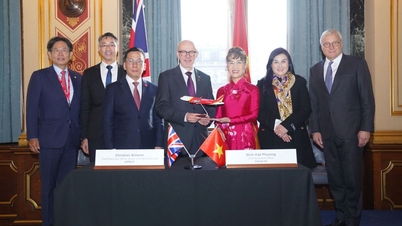

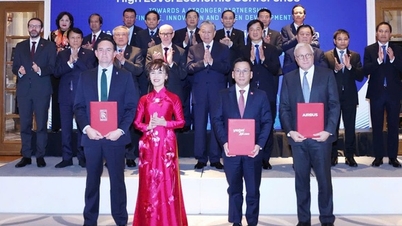












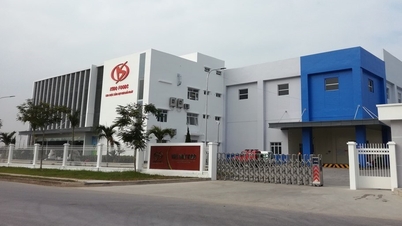

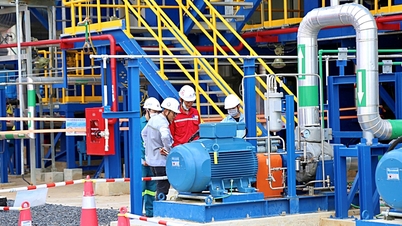

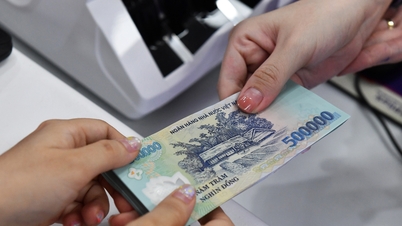































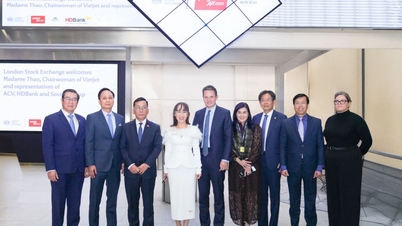















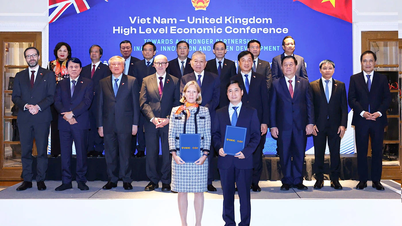




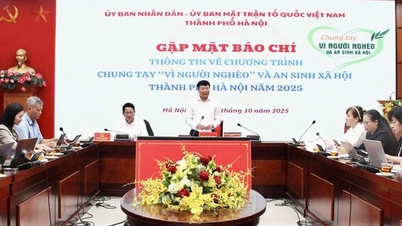

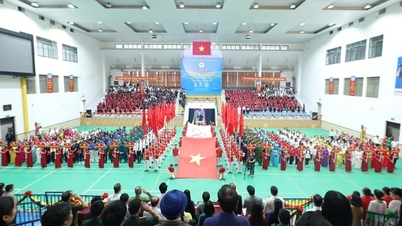


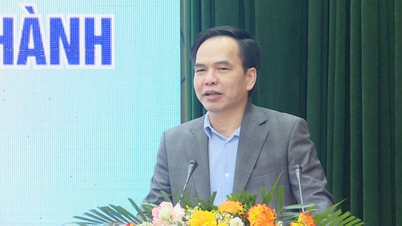

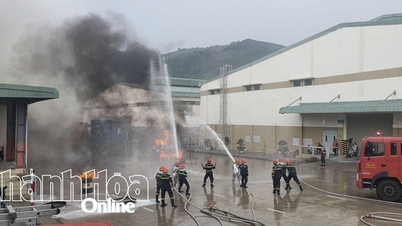


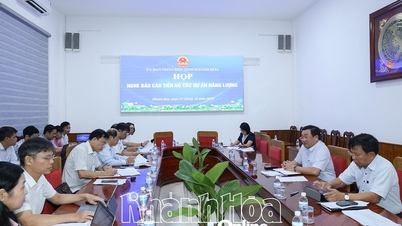













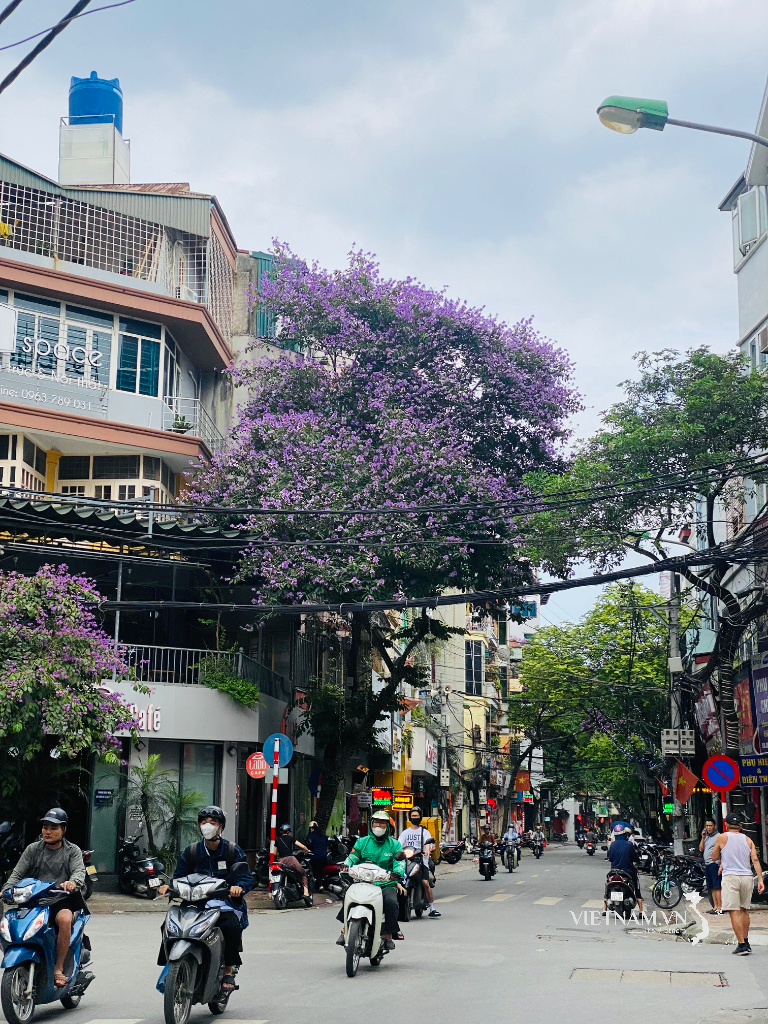
Comment (0)